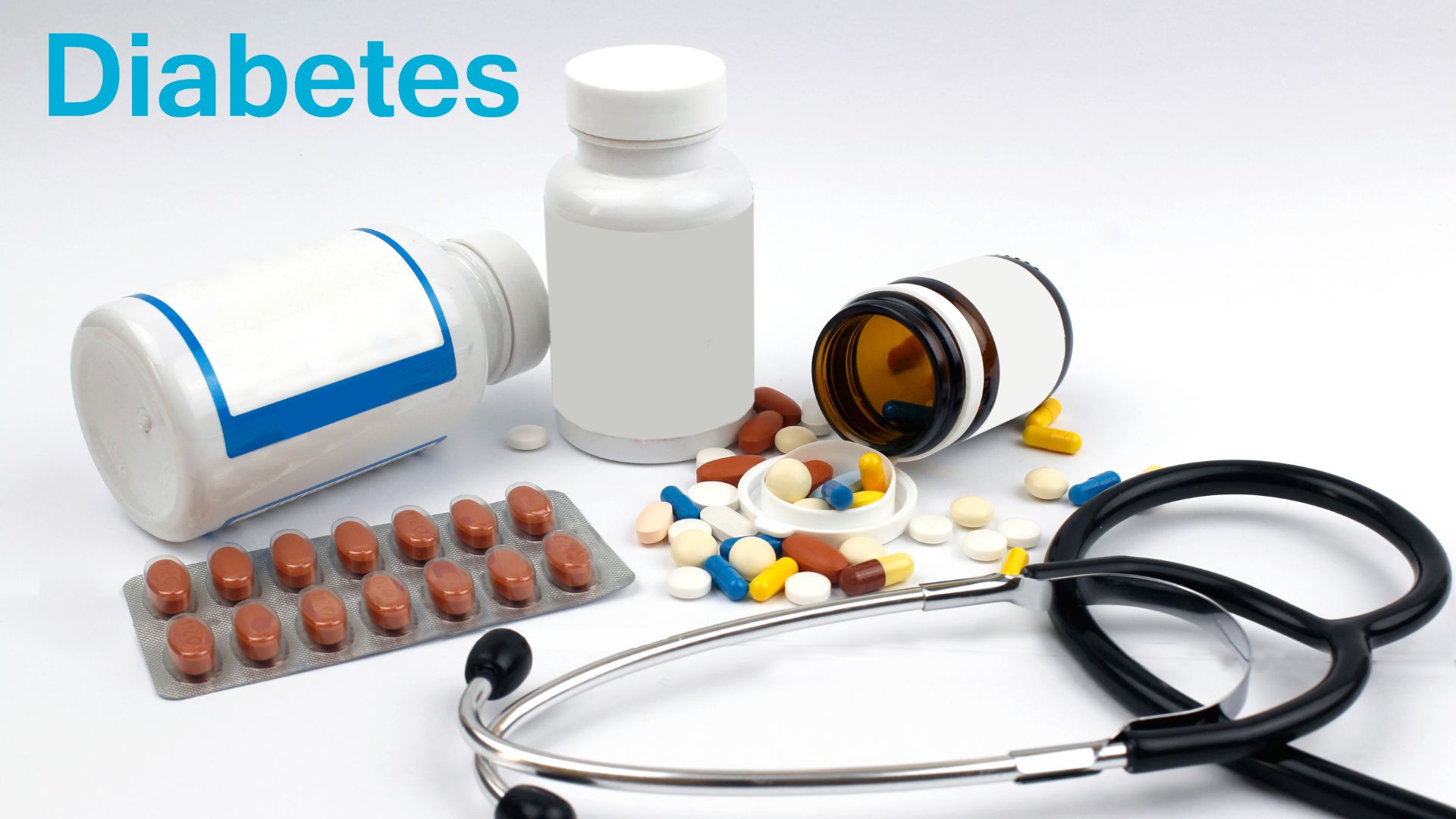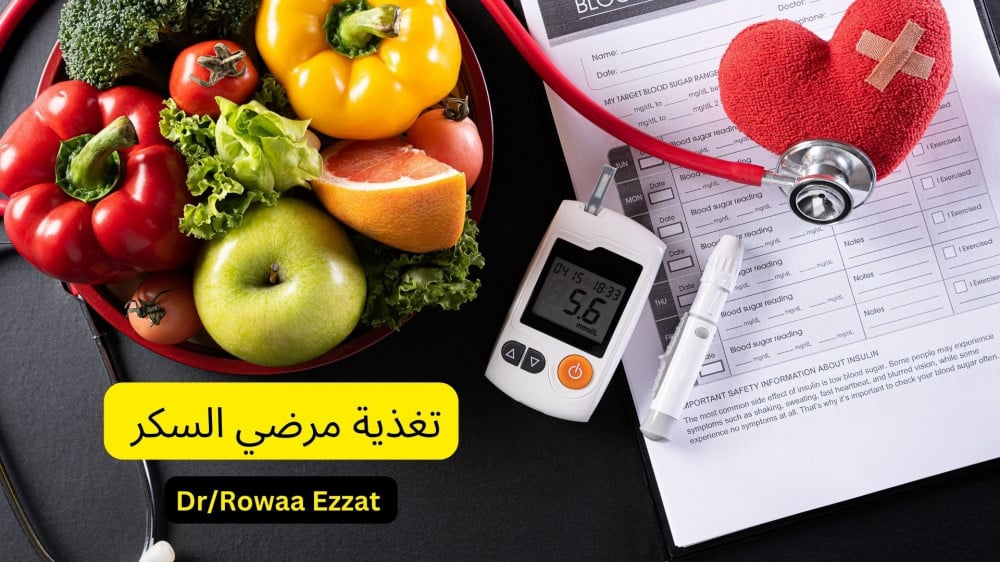12 nutritional tips to maintain the diet for diabetics
It is necessary for a diabetic patient, whether type 1 or type 2, to maintain a proper nutritional method to deal with diabetes. Contrary to what is common among many, having diabetes does not mean that the patient is deprived of the foods he loves, but the correct equation is what controls your diet and diabetes levels. In the body, it is necessary for the diabetic patient to know that treatment alone is not sufficient, along with the necessity of following a diet for the diabetic patient that the specialist doctor sets in line with the treatment doses, in addition to the importance of exercising.

Here are some general nutritional tips for diabetes:
- Regulating the amounts of food that the patient consumes, especially foods that contain starches, which may lead to increased fat. It is recommended to eat small dishes and smaller quantities, which is an opportunity to eat whatever rice, pasta, or potatoes you like without fear.
- Diversify food sources between vegetables, fruits, proteins, and others, while maintaining the prescribed quantities.
- Eat 3 healthy main meals a day, maintaining the daily eating times, and you can eat two snacks between them.
- Do not eat a lot of carbohydrates, as they should not exceed 50% to 60% of your daily calorie intake.
- Reducing the percentage of fat, as the daily percentage should not exceed 25% to 35% per day to avoid high blood cholesterol or weight gain, which strongly interferes with controlling diabetes.
- Eat plenty of foods rich in fiber, such as whole grains, vegetables, and fruits, as they contribute to weight stability.
- Be careful with fats and oils by choosing healthy types and alternatives such as olive oil, nuts, avocado, and low-fat dairy products.
- Stop eating and using refined sugar and stay away from artificial sweeteners such as soft drinks and sweetened juices and replace them with honey to maintain blood sugar levels.
- Avoid drinking alcoholic beverages or smoking, and reduce drinks that contain amounts of caffeine, such as tea, coffee, and others.
- You should eat low-fat red meat and remove the skin from chicken and poultry meat. It is also preferable to eat grilled or boiled meat, while avoiding frying it.
- Drink large amounts of water to lower blood glucose levels and help prevent overeating and weight gain.
- Reduce salt and processed, canned and ready-made foods that may contain sodium as much as possible.
These general tips do not replace the need to consult a doctor or nutritionist and determine a special diet that is consistent with the prescribed dose of treatment. The blood sugar level must be measured during the day before and after eating, with follow-up with the specialist doctor. It is also necessary to exercise and organize the time for medication and eating along with exercise.
If the time of eating is organized along with exercise and doses of treatment and medications, the diabetic patient will be able to rely on the system for a long time while making simple adjustments from one meal to another according to the opinion of the specialist doctor following the condition.
Our products: Ashwagandha - Dream Coffee - Cera Tea - Lori Cookies

